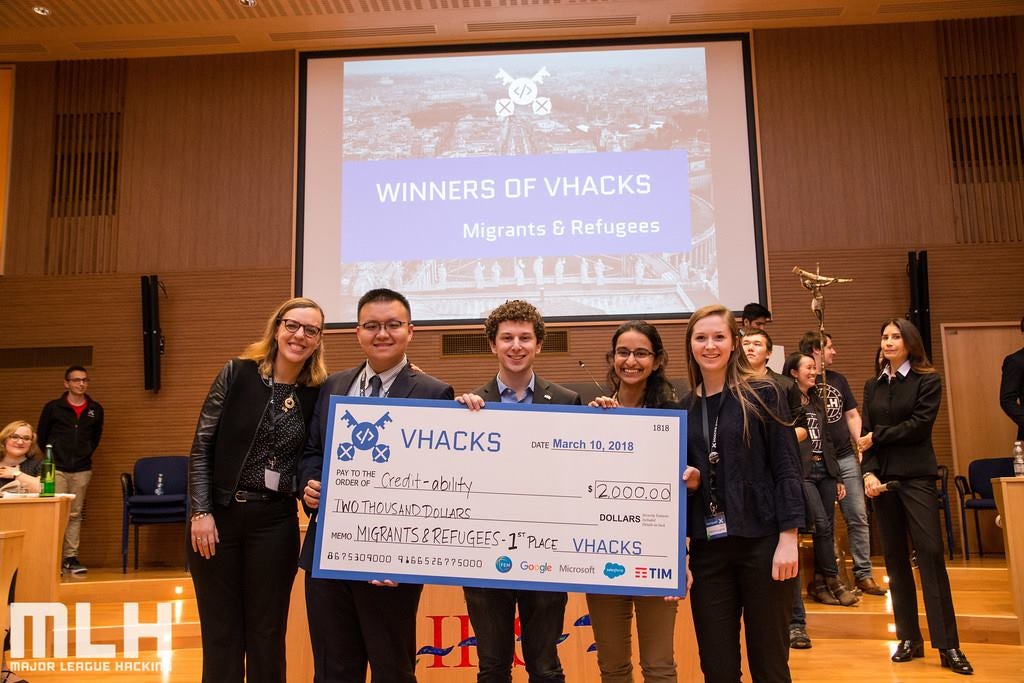bar
Ted Leonsis (C’77) and his family provide a $1.5 million gift to create a collaborative WeWork White House space to catalyze startups and initiatives for the university and its network of alumni entrepreneurs. Read More

Biology professor Leslie Ries holds three NSF grants to research how monarch butterfly habitats have changed in the wake of Hurricane Harvey, as well as… Read More
Five Georgetown students, including two undergraduates, won first place in the Migrants and Refugees category at VHacks, an event at the Vatican that seeks to use technological innovation to address global problems. Read More

Georgetown Law student Jeanie Namugga (L’18) of Uganda plans to be a pioneer in her country's courts and provide insights on environmental and energy matters. Read More
New Georgetown research published in the journal JAMA Internal Medicine shows that a family history of breast cancer continues to increase chances of developing invasive breast tumors in aging women, a finding that could impact mammography screening decisions later in life. Read More
A recent book co-authored by Georgetown professor Harry Holzer shows that low-income and minority students are far more likely to complete their degrees at colleges and universities that provide academic and financial support. Read More
Georgetown's McDonough School of Business launches a new design thinking and service consulting course for its MBA program that focuses the local and global components of work with the government and nonprofit sectors. Read More
Acclaimed jazz pianist Jason Moran, Georgetown’s Distinguished Artist-in-Residence, and renowned poet Elizabeth Alexander explore the influence of local radio in Washington, D.C., on their work during an arts discussion at Georgetown. Read More
The Georgetown Institute for Women, Peace and Security’s (GIWPS) and other university entities hold events in honor of Women’s History Month and International Women’s Day. Read More
Georgetown University Medical Center investigators find that a decade or two after a perinatal stroke damages the left “language” side of the brain, affected teenagers and young adults use the right sides of their brain for language. Read More

